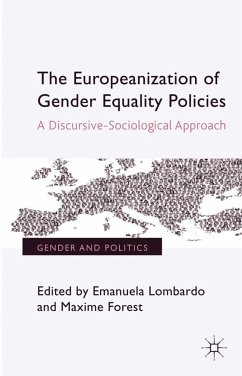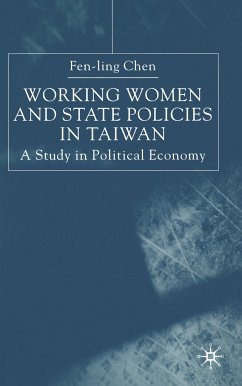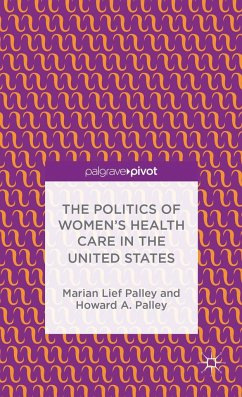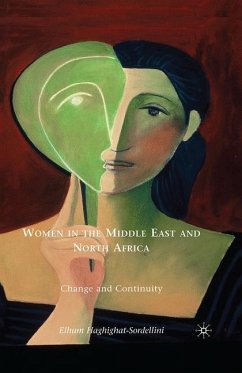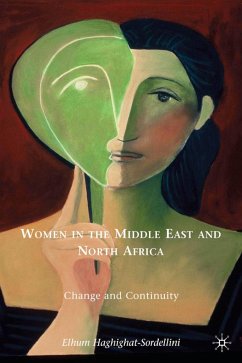
Gender Policies in Japan and the United States: Comparing Women's Movements, Rights and Politics
Versandkostenfrei!
Versandfertig in 6-10 Tagen
31,99 €
inkl. MwSt.

PAYBACK Punkte
16 °P sammeln!
This book is the first to explore the similarities and differences in gender related policy making and outcomes in Japan and the United States. It focuses on the role of women's movements and other factors in determining policy. Three policies are examined: Equal employment, domestic violence and reproductive rights, with additional attention to gender equality policy in Japan and 'family friendly policy' in both nations. The analysis examines the significance of international feminism and new standards of gender equity - kansetsu gaiatsu - as a resource for Japanese feminists seeking policy r...
This book is the first to explore the similarities and differences in gender related policy making and outcomes in Japan and the United States. It focuses on the role of women's movements and other factors in determining policy. Three policies are examined: Equal employment, domestic violence and reproductive rights, with additional attention to gender equality policy in Japan and 'family friendly policy' in both nations. The analysis examines the significance of international feminism and new standards of gender equity - kansetsu gaiatsu - as a resource for Japanese feminists seeking policy reform, as well as new trends toward policy cooperation. The future role of the United States, long a leader in policy development for women, is critically analyzed, and Gelb suggests that American feminists and policymakers can learn important lessons from the experience of Japanese women's movements and efforts at influencing public policy.



